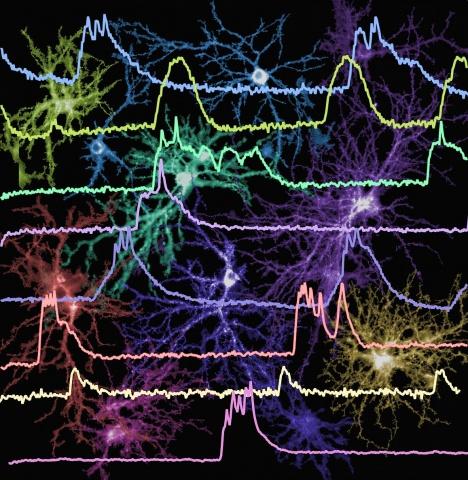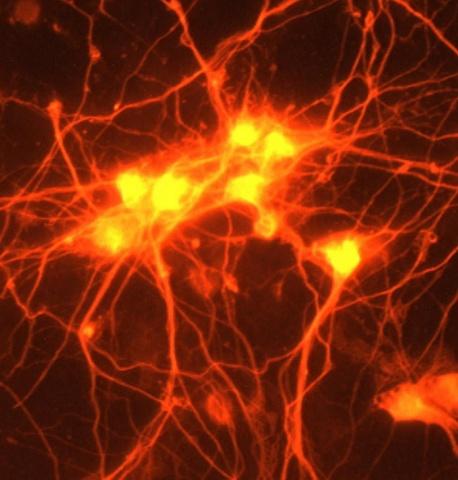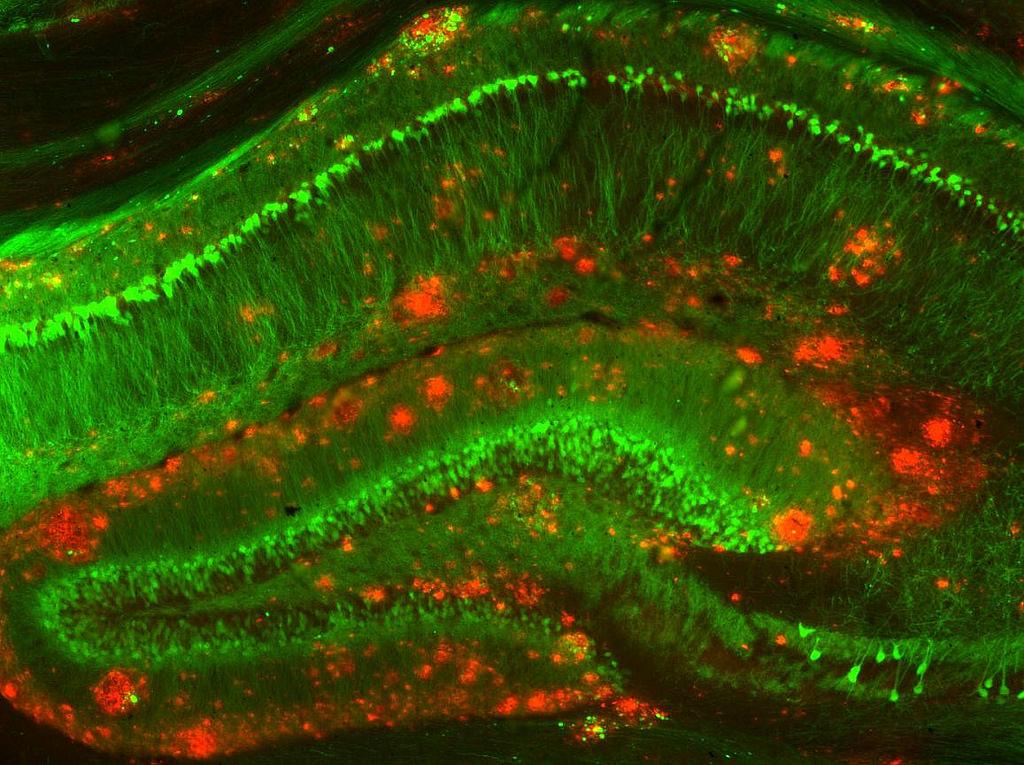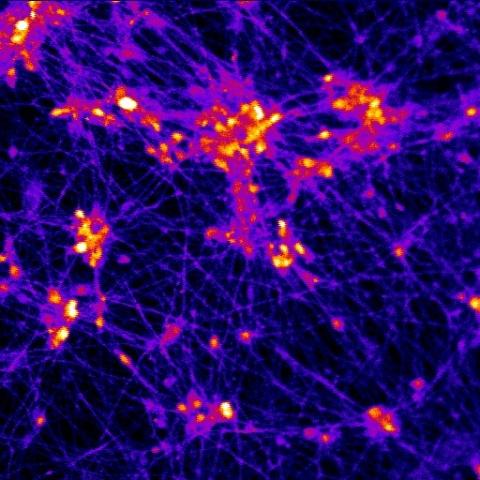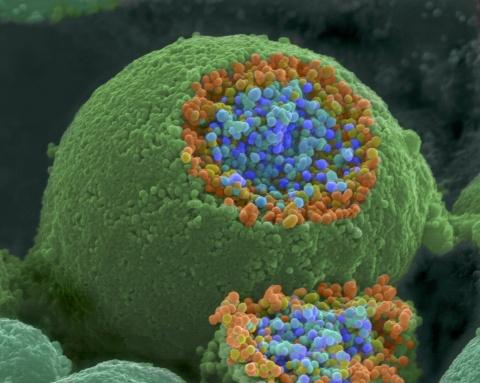Duke Neurology Research Round Up, February 2021
Members of the Duke Neurology Department contributed to 13 new peer-reviewed journal articles in January 2021. Daniel Laskowitz, MD, MHS, co-authored two studies examining the complications of traumatic brain injury. A team including Andrew Spector, MD, wrote a “road map” for how neurology departments can create effective diversity officers. Our faculty, trainees, and research staff also examined possible treatment candidates for ALS, identified new risk factors for stroke, and genetically engineered cartilage to produce its own anti-inflammatory drug.
Duke Neurology Research Round Up, January 2021
The final month of 2020 saw fifteen new publications written or co-written by members of the Duke Department of Neurology. Sneha Mantri, MD, MS, was a lead author of a new study examining factors contributing to burnout and moral injury among health-care workers at Duke. Our Neuromuscular Disease faculty wrote multiple studies advancing our understanding of myasthenia gravis, including how the COVID-19 pandemic is affecting people with this condition. Other articles answered questions about stroke, Parkinson’s, and other diseases.
Duke Neurology Research Round Up, December 2020
This November, research from members of the Duke Department of Neurology examined how different types of seizures feel to the person experiencing them, discovered genes associated with longevity and health cognition, analyzed how the COVID-19 outbreak impacted stroke care, and more. Our faculty, trainees, and staff contributed to 15 studies published in the past 30 days. Read about each of them, and find links to the original articles below.
Multiple Sclerosis and Neuroimmunology
Duke Neurology Research Round Up, November 2020
Members of the Duke Neurology Department contributed to 14 new peer-reviewed studies this October, advancing our understanding of or ability to treat Parkinson’s disease, Alzheimer’s, stroke, and other conditions. Laurie Sanders, PhD, and Claudia Gonzalez Hunt, PhD, advanced our understanding of the links between mitochondrial DNA damage and Parkinson’s disease, providing a potential avenue for future therapies.
Team DIBS Incubator award to fund research on spinal cord injury recovery
An interdisciplinary team from the Duke Departments of Neurology, Orthopedic Surgery, and Neurosurgery has received the Duke Institute for Brain Science’s (DIBS) $75,000 2020 Research Incubator Award to improve recovery after spinal cord injuries. These awards fund high-risk/high-return collaborative neuroscience research that crosses disciplinary boundaries, and is likely to draw external funding.
Duke researchers to monitor brain injury with machine learning
Duke neurologists and electrical engineers are teaming up in an ambitious effort to develop a better way to monitor brain health for all patients in the ICU. Dubbed “Neurologic Injury Monitoring and Real-time Output Display,” the method will use machine learning and continuous electroencephalogram (EEG) data along with other clinical information to assist providers with assessment of brain injury and brain health.
Socioeconomic factors appear to influence how brain injuries are treated
A Duke Health analysis of treatments for patients with traumatic brain injuries shows that race, geographic region, and payment status were significantly associated with the decision to withdraw life support.
Specifically, the study found that African American patients were less likely than their white counterparts to undergo having life support withdrawn, while patients on Medicare and those who live in the Midwest and Northeast were more likely to have treatment withdrawn.
Duke Neurology Research Round Up, October 2020
This September, members of the Duke Neurology Department contributed to 26 new studies, advancing our knowledge of neuroscience at the subcellular, national, and global levels. Ornit Chiba-Falek, PhD, and Laurie Sanders, PhD, lead studies that answered questions about the genetic origins of Parkinson’s disease and its connection to some forms of breast cancer.
Faculty Spotlight: Cherylee Chang, MD
As an undergraduate student, Cherylee Chang, MD, wanted to be a cardiothoracic surgeon. Fortunately for our Department, a third-year rotation in neurology convinced her of the field’s potential with challenges to engage deductive reasoning. Now, as our new Chief of our Division of Neurocritical Care, she’s working to bring our team of clinicians, nurses, advanced practice providers, pharmacists, and others to our new neurocritical care unit in Duke Central Tower.
Duke Neurology Research Round Up, September 2020
With 18 new peer-reviewed articles from members of our faculty, August 2020 was a record-breaking month for the Duke Neurology Department. Clinical research highlights published in the past 31 days include an analysis of patients presenting with vertigo in Emergency Departments, an essay on the human cost of COVID-19 and how we can help people connect during difficult times, and a study finding new benefits for therapies for myasthenia gravis.

